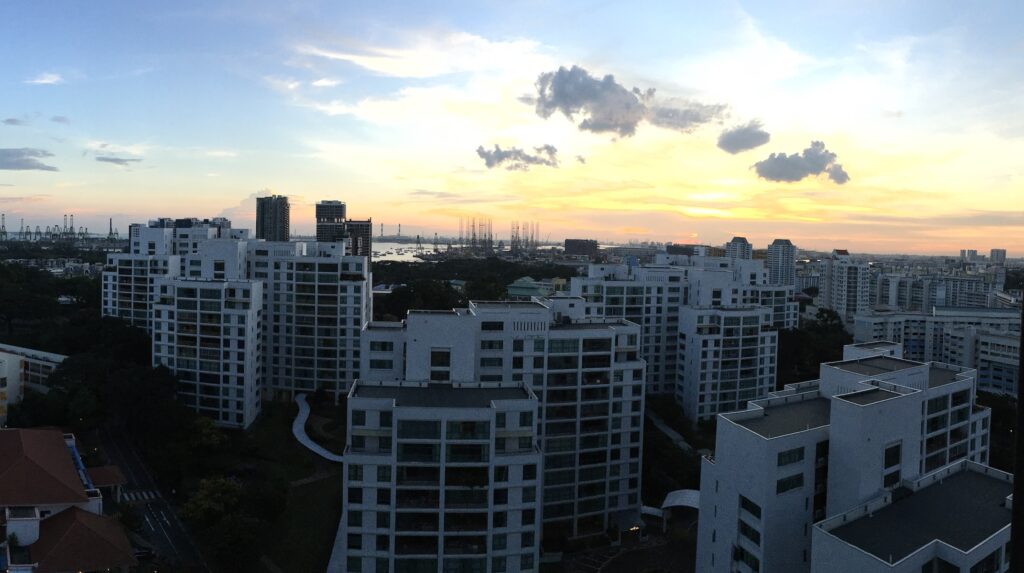The demise of Yale-NUS College is a great loss for higher education and for educators everywhere. As one of the authors of the Yale-NUS Curriculum Report, which was written at Yale in 2012 to help guide the development of the Yale-NUS common curriculum, and as one of the founding faculty of Yale-NUS, I feel a deep sense of loss in the decision by NUS to merge Yale-NUS College with its other liberal arts program known as the University Scholars Program.
I have written about the founding of Yale-NUS College and the longer history in Singapore and at NUS of innovation and experimentation in undergraduate education throughout the period from 2001 to 2011, before Yale signed their agreement with NUS. Two book chapters in the recent book Envisioning the Asian New Flagship University, tell the tale of how NUS was seeking to adopt liberal arts, experiential education and other cutting-edge undergraduate programs throughout the decade before approaching Yale. While I was at Pomona College in 2007, NUS was discussing with the Claremont Colleges the possibility of a Claremont-NUS College. The concept of a new liberal arts college in Asia was so exciting to me that I left my endowed professorship at Pomona College to help launch the new venture, and lived in Singapore for three years with my family working at Yale-NUS College.
At Yale-NUS College we built one of the most exciting learning communities ever, that blended the best practices of undergraduate education with a far-reaching and ambitious common curriculum. The curriculum included powerful courses in Literature and Humanities, Philosophy and Political Thought, Quantitative Reasoning, Modern Social Thought that inquired deeply with our international students about the human condition. Our brilliant students came from over 40 countries, creating the Yale-NUS College “community of learning” which was a cross-section of global perspectives. Yale-NUS offered an unmatched richness for developing deeper insights to the world our graduates would enter, which at the time was blossoming with possibilities for greater global connection and a more peaceful and enlightened era.
The sciences at Yale-NUS College were also well represented with a dynamic faculty regularly publishing in top journals such as Nature and Science, and who developed three amazing and innovative interdisciplinary courses known as Scientific Inquiry, Foundations of Science and Integrated Science. My role was to help develop and launch the year-long course known as Foundations of Science with my co-Coordinator Brian McAddoo. We built an amazing course which focused on the theme of the Anthropocene, with mini-courses that did “deep dives” in multiple disciplines and a Grand Challenge exercise where students studied and responded to the impacts of the Anthropocene. All of the Common Curriculum courses are described in a booklet on the Common Curriculum we produced at our Yale-NUS Center for Teaching and Learning, and all three of these science courses are described in my recent book, STEM Education for the 21st Century. Our Yale-NUS Center for Teaching and Learning also published a wonderful booklet on Diversity and Inclusion in Curriculum and Classroom after I left, and the combination of the curriculum, the community, and the emergent creativity of Yale-NUS is a wonder and something to celebrate.
Sadly, the achievements of the students and the faculty, who tirelessly pushed the boundaries of what could be possible in undergraduate education, was not supported by NUS and the Singaporean government after just 10 years since the agreement between Yale and NUS was signed. With this closure, Singapore and the world loses a great chapter in higher education and a brilliant achievement in creating a vibrant intercultural community from scratch. The reasons for this decision are not fully known, but was one made by NUS and Singapore. There were a few controversies about academic freedom with Yale-NUS College and in Singapore, which we have documented in our new book Neo-Nationalism and Universities, which is being released by JHU Press on September 7.
Yale insisted on academic freedom as a condition of its involvement. Whether this closure by NUS was one made for financial or curricular reasons, or with an eye toward increasing control over Yale-NUS is unknown. Yale-NUS College had a much more liberal approach to LBGTQ issues and a very free-spirited academic culture that was largely independent from NUS, and now faces the prospect of being merged into NUS. We all mourn the loss of this wonderful institution and will hope that what emerges as the NUS New College will the brilliance, freedom, and the creativity of Yale-NUS College.


